Edward Clark was born Edward Delacey, James's older brother, but has been out of the country and unheard from in so long that he's about to be legally presumed dead and his title passed to his younger brother. Edward is fine with that. What he's not fine with is that James's scheme would also ruin Stephen Shaughnessy, the little brother of his childhood best friend. When he initially approaches Free with part of his story (leaving out that James is his brother and that his motive is protecting Stephen) he attempts to blackmail her into working with him. She blackmails him right back, and accepts.
This is quite possibly my new favorite romance, period. Free is a force of nature. She knows every bit of how ugly the world can be; she frequently subjects herself to it deliberately for the sake of a story. But she sees that ugliness and then finds bits of it that she can fix. And I love how Edward was utterly bowled over by her from the beginning. The author's note says that Milan's original intent was for Free to meet some guy who was opposed to women's rights, and I'd probably be writing a very different review if that hadn't changed. My favorite thing about Edward is that, even if he isn't always sure that there's much hope for Free to succeed, he never for a second thinks that she's wrong or needs to change.
There's also a secondary romance that was quite sweet, although not as integrated into the main plot as the one in The Heiress Effect. And as always with Milan's books, the dialogue was wonderful. I can hardly wait for the concluding novella in the series. For that matter, I can hardly wait for the next series after this.
Overall: A
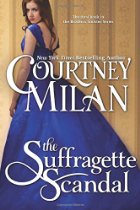

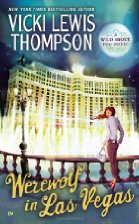
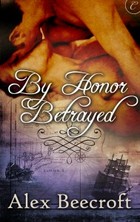
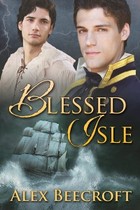

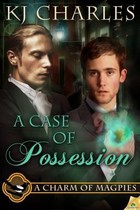
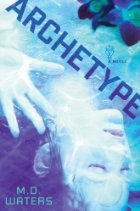
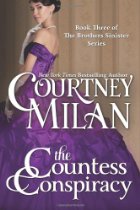
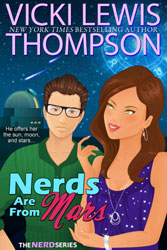
 RSS Feed
RSS Feed
